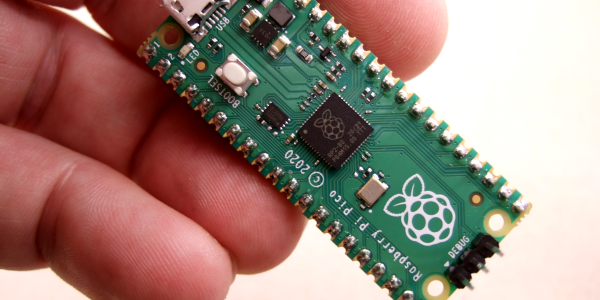Over on the Embedded FM podcast, [Chris] and [Elecia] just released their interview with [Reinhard Keil] of compiler fame. [Reinhard] recounts the story of Keil’s growth and how it eventually became absorbed into Arm back in 2005. Along with his brother Günter, the two founded the company as Keil Software in the Americas, and Keil Elektronik in Europe. They initially made hardware products, but as the company grew, they became dissatisfied with the quality and even existence of professional firmware development tools of the day. Their focus gradually shifted to making a CP/M- and a PC-based development environment, and in 1988, they introduced the first C-compiler designed for the 8051 from the ground up.
Love it or hate it, the Arm Keil suite of µVision IDE and the MDK/Cx51 compiler have been around a long time and used by embedded developers in many industries. Although a free and restricted-use version is available, the license fees prevent most folks from getting very enthusiastic about it. Pricing aside, the µVision IDE has its critics: [Jay Carlson], who used every IDE under the sun a few years ago in his review of sub-one-dollar microcontrollers, opined that it was nothing more than a free editor you get with C51 or MDK-ARM. On the other hand, even [Jay] concedes is that every chip he tested was officially supported by Keil and worked out of the box. Another thing that is important to some users is being able to produce consistent binaries from old projects. This isn’t important for your one-off MQTT hot tub thermometer. But if you need to recompile firmware for a fifteen-year-old railroad signaling system that has multiple certifications and regulatory approvals, using the original compiler and library versions is a huge help.
[Reinhard] goes on to discuss various tools and systems being developed at Arm by his team, such as improvements and additions to the CMSIS suite, the transition of the online Mbed compiler to the new Keil Studio Cloud, and an Arm hardware virtualization tool for cloud-based CI verification. Lest you think everything at Arm is proprietary and expensive, he points out that Arm is a major contributor to the GCC project and the CMSIS components are open source. Even if you aren’t interested in Arm/Keil tools, do check out the interview — it’s quite interesting and touches on several topics of general interest to all firmware developers. Or if you prefer, read the interview when the transcript is completed.












